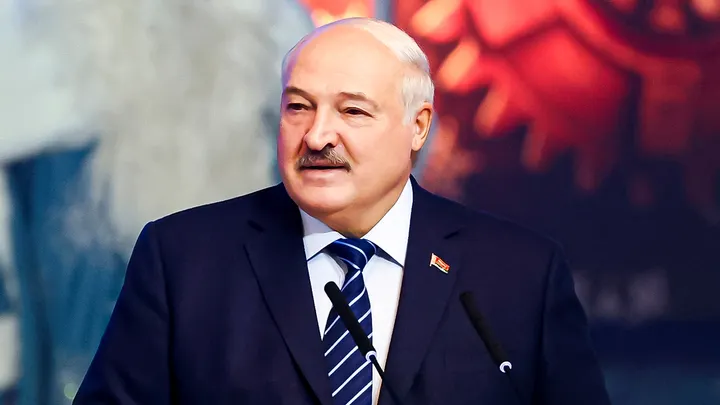Belarus has made a significant move by voting to suspend its participation in the Conventional Forces in Europe (CFE) treaty, echoing its ally Russia’s actions from the previous year. The Belarusian parliament, dominated by loyalists to authoritarian President Alexander Lukashenko, unanimously passed the bill, which now awaits Lukashenko’s signature to become law. Introduced by Lukashenko earlier in April, this decision could potentially alter the military landscape of Eastern Europe, particularly in the context of the ongoing conflict in Ukraine.
The CFE treaty, established in 1990, was designed to maintain a balance of military forces and equipment between NATO and Warsaw Pact countries, setting limits on tanks, aircraft, and artillery in Europe. However, Russia’s withdrawal in November 2023 led to a cascade of suspensions from NATO members, fundamentally undermining the treaty’s effectiveness. Belarus, hosting Russian tactical nuclear weapons and serving as a strategic base for Russian military operations in Ukraine, stands at a critical juncture. Despite the presence of Russian military assets, Belarusian troops have not directly engaged in the conflict in Ukraine, which is now in its third year.
Military analyst Alexander Alesin commented on the suspension: “Russia was very unhappy with Belarus still being officially part of the treaty. The withdrawal unties Belarus’ hands, but this does not automatically mean that the number of conventional weapons in the country will increase.” This move could allow Belarus to expand its military forces beyond the treaty’s previous limits of 100,000 troops. However, it maintains a significantly smaller active military personnel count of 63,000, supplemented by a 300,000-strong reserve force.
As Belarus aligns its military policies more closely with Russia, regional security and stability implications are profound. The decision reflects the shifting dynamics of international military alliances and underscores the growing tensions along Eastern European borders. Whether this will lead to a significant escalation in military buildup remains to be seen, but it undoubtedly marks a pivotal moment in Europe’s geopolitical narrative.
The suspension of Belarus’s participation in the CFE treaty marks a critical shift in Europe’s security architecture, potentially paving the way for increased military flexibility and capability in Belarus amidst ongoing regional tensions. While the full impact of this decision will unfold over time, it is a clear indicator of the evolving military and strategic alliances in Eastern Europe, which could have lasting effects on the stability and security of the region.







